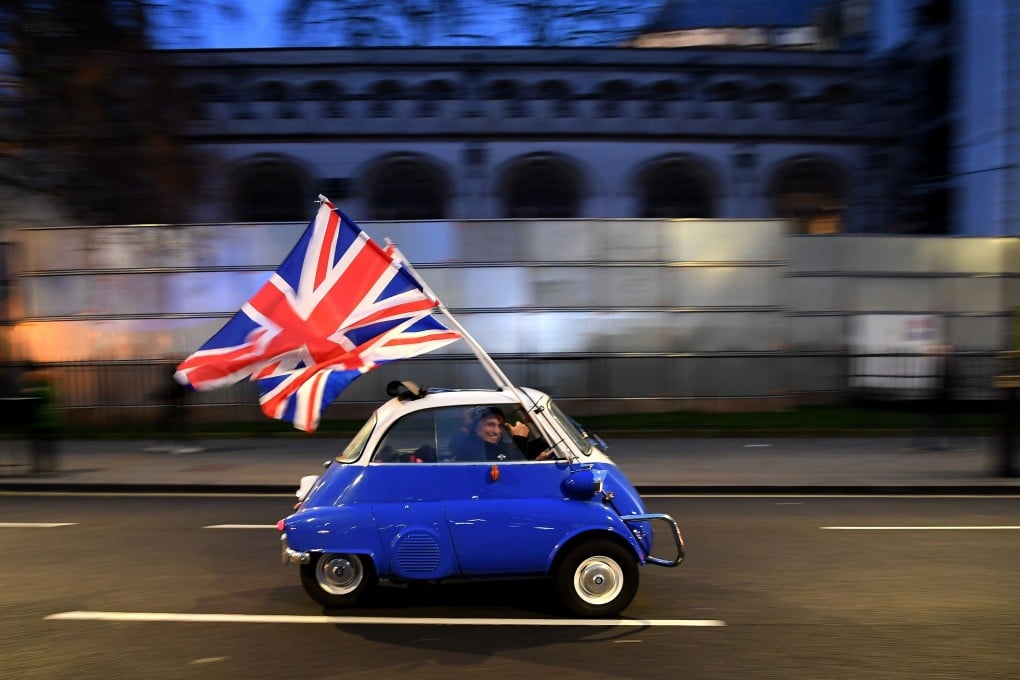Advertisement
Brexit has restored British sovereignty and given Thatcher the last laugh
- Boris Johnson is the hero of the hour for securing a better-than-expected EU trade deal but the role of his predecessor, Margaret Thatcher, in sowing the seeds of Brexit, must never be forgotten
Reading Time:4 minutes
Why you can trust SCMP
9

In 1930, Sir Winston Churchill said: “We are with Europe, but not of it”, and this has been the view of many Britons. While resenting the European Union’s grandiose plans, they have traditionally felt great affinity with their European neighbours, whether in or out of the EU. Although, when Britain joined the EU’s predecessor in 1973, people were assured that it was only a trading bloc, its cover was blown over time.
Advertisement
Once they realised that a “United States of Europe” was envisaged, through what the Maastricht Treaty (1992) called an “ever closer union”, the backlash began. Across the political spectrum, demands to quit the EU grew, with firebrand Nigel Farage brilliantly articulating grass-roots discontent. On December 31, 4½ years after the British people voted to leave in 2016, Brexit became reality, albeit on terms far better than many expected.
Against the odds, British Prime Minister Boris Johnson secured a trade deal with the EU worth £660 billion (US$900 billion) a year, enabling British businesses to carry on trading with the bloc, free of tariffs or quotas. His chief negotiator, Lord David Frost, called the deal “a moment of national renewal” and it is clear why.
It is a better deal than the EU has ever negotiated with another country, and it delivers on Johnson’s key objective of a “Canada plus plus” arrangement, with British products enjoying better access than Canada achieved in its landmark EU deal in 2016. The authenticity of Johnson’s deal may be tested through the eyes of the most inveterate Brexiteers.
Sir William Cash, for example, a veteran Eurosceptic member of parliament, has paid a “profound tribute” to Johnson for achieving a deal that provides for “a new exciting era for our trade with Europe and the rest of the world”.
Advertisement
The European Research Group, comprising the Conservative Party’s purist Brexit parliamentarians, and whose “Spartans” defeated former prime minister Theresa May’s proposals in 2019, precipitating her resignation, has also endorsed the deal. Its chairman, Mark Francois, said it “fully respects the norms of international sovereign-to-sovereign treaties”, which, for the ERG, is high praise.

Advertisement
